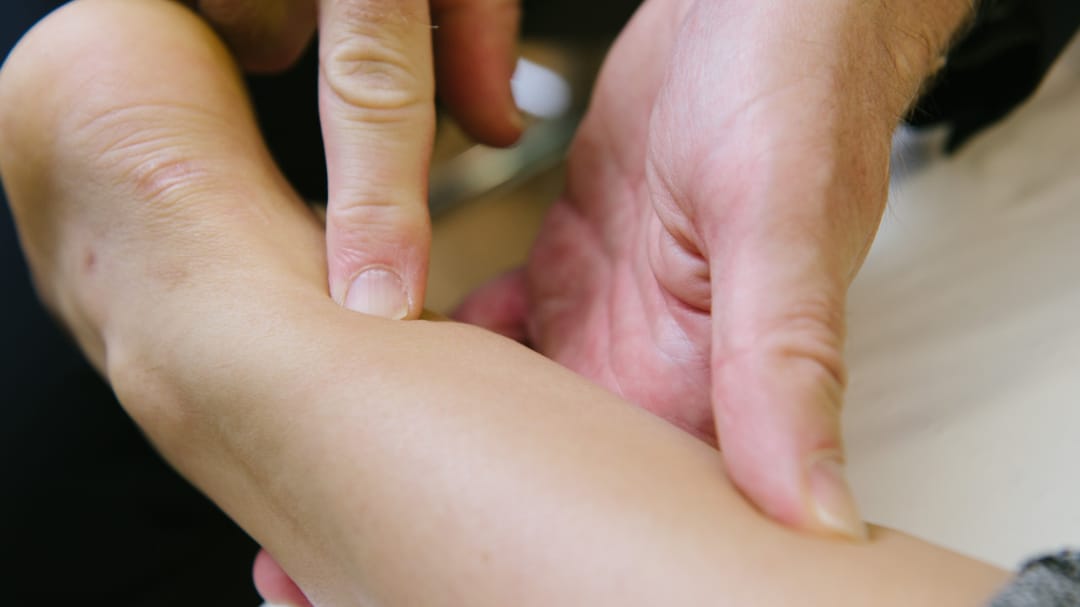Stress: The Good, The Bad and The Really Bad

Pure Sports Medicine
- 1 April, 2022
- Mental Health
- Physiotherapy
- Soft Tissue Therapy
- Yoga & Pilates
- 4 min read
Stress: The Good, The Bad and The Really Bad
Do we really know what it is?
We’ve no doubt all used the word frequently in our daily lives. For example, the train is late, you have an interview for a promotion, you’ve left your breakfast on the kitchen counter, and you’ve just spilt coffee down your freshly ironed shirt. This is stressful, right?!
However, this blog will discuss why some stress is good, some can be bad, and some can be really bad – but more importantly, what you can do about it.
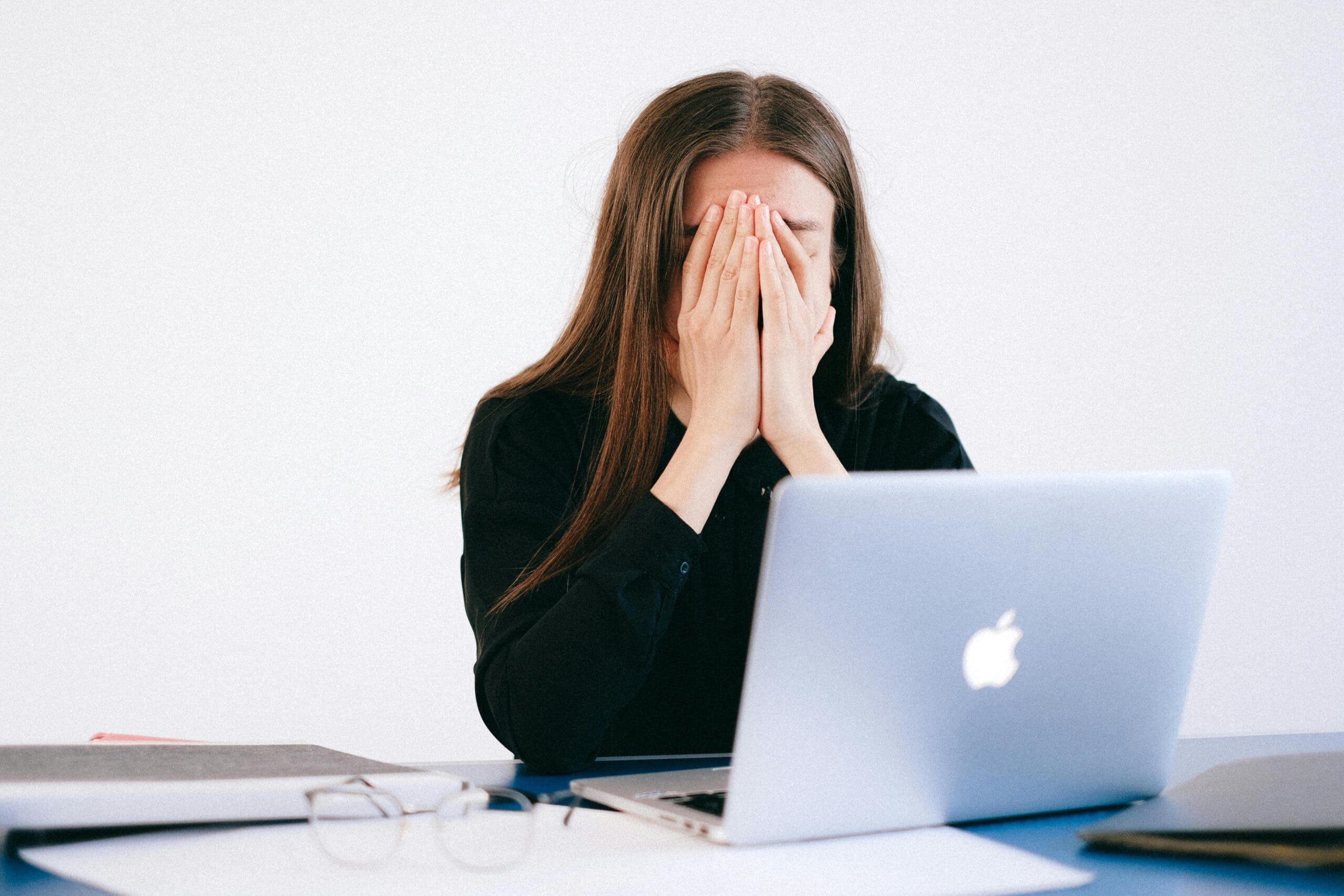
What is stress?
As humans, we have stress to thank for our successful evolutionary journey that has brought us to this very point in history. Stress allows us to perceive danger more effectively by improving our sensory awareness, preparing our bodies physiologically and getting the right areas of the brain engaged.
You may know this as the fight or flight response, which is triggered by the release of adrenaline. An increase in adrenaline means that we can better see and hear the lion coming, we can better run from the lion, and then better decide which cave to duck into in order to escape the lion.
Even in the modern world, stress helps us to deal with acute crises more effectively; seeing the breakfast through the window on your way out the door, running for that train you’re late for, or switching on for that all-important interview. The problems arise when this stress response is on too often and for too long.
A chronically overactive stress response has been shown to increase the risk of a number of life limiting diseases, including heart disease, diabetes, obesity and atherosclerosis (hardened and clogged up arteries). Other symptoms relating to a chronically overactive stress response are sleep deprivation, increased blood pressure, increased bad cholesterol, reduced white blood cell count (less effective immune system) and reduced ability to heal from injury. It can also lead to anxiety and depression.
It’s not all bad news, though. As well as keeping us safe from danger, stress can also help us be happier!
Theme parks understand this concept very well. Just the right amount of stress for just the right amount of time causes a release in dopamine (a feel good hormone). There’s a reason that roller coasters are usually around 3 minutes long.
However, the Westernised world is full of stressful situations that last far longer than roller coasters and happen every day.
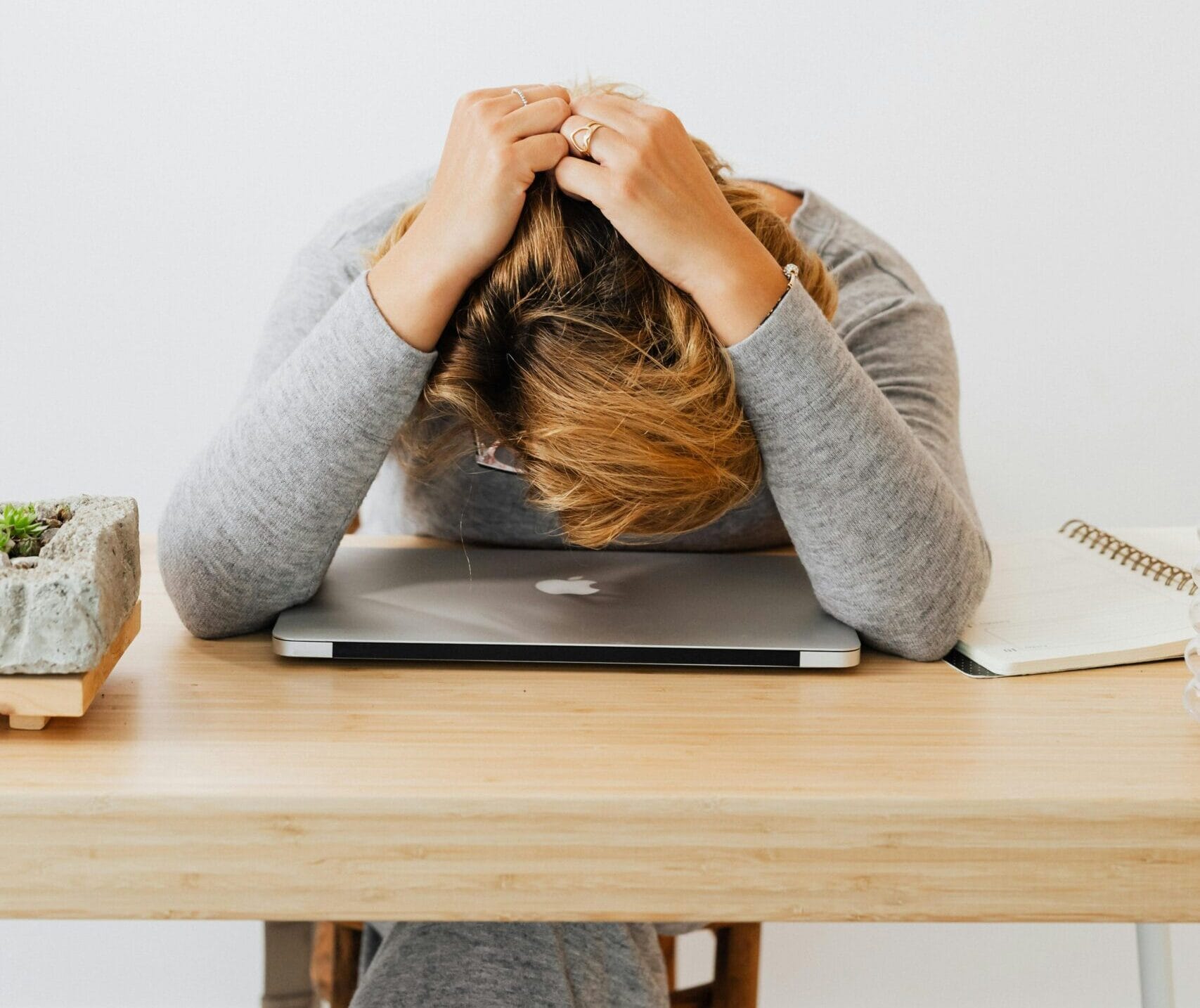
How do you cope with stress?
The evidence has shown that there are ways for us to cope better with our stressful lives. Thankfully, it doesn’t require you to go to theme parks every day. The most successful strategies are:
1. Having an outlet for stress is essential
Outlets such as massage or exercise can be very effective.
2. Having a good social support network
Being isolated can increase the risk of stress related cardiovascular disease by as much as 5 times.
3. Being in control
People are less stressed when they have flexibility, autonomy and control over processes in their lives.
However, we appreciate that it isn’t always easy to implement these kinds of changes in your life. Outside factors play a big part, and often, there is little we can do about those. In fact, realising what we do and don’t have control over is a way to help reduce stress levels.
Here at Pure Sports Medicine, we have a number of different services that can help you to manage stress, and over the years, we have seen really incredible results from both Soft Tissue Therapy and Pilates.
When used as part of a stress management plan, both have been proven to effectively manage the symptoms of stress, providing both an outlet for stress and a social support network.
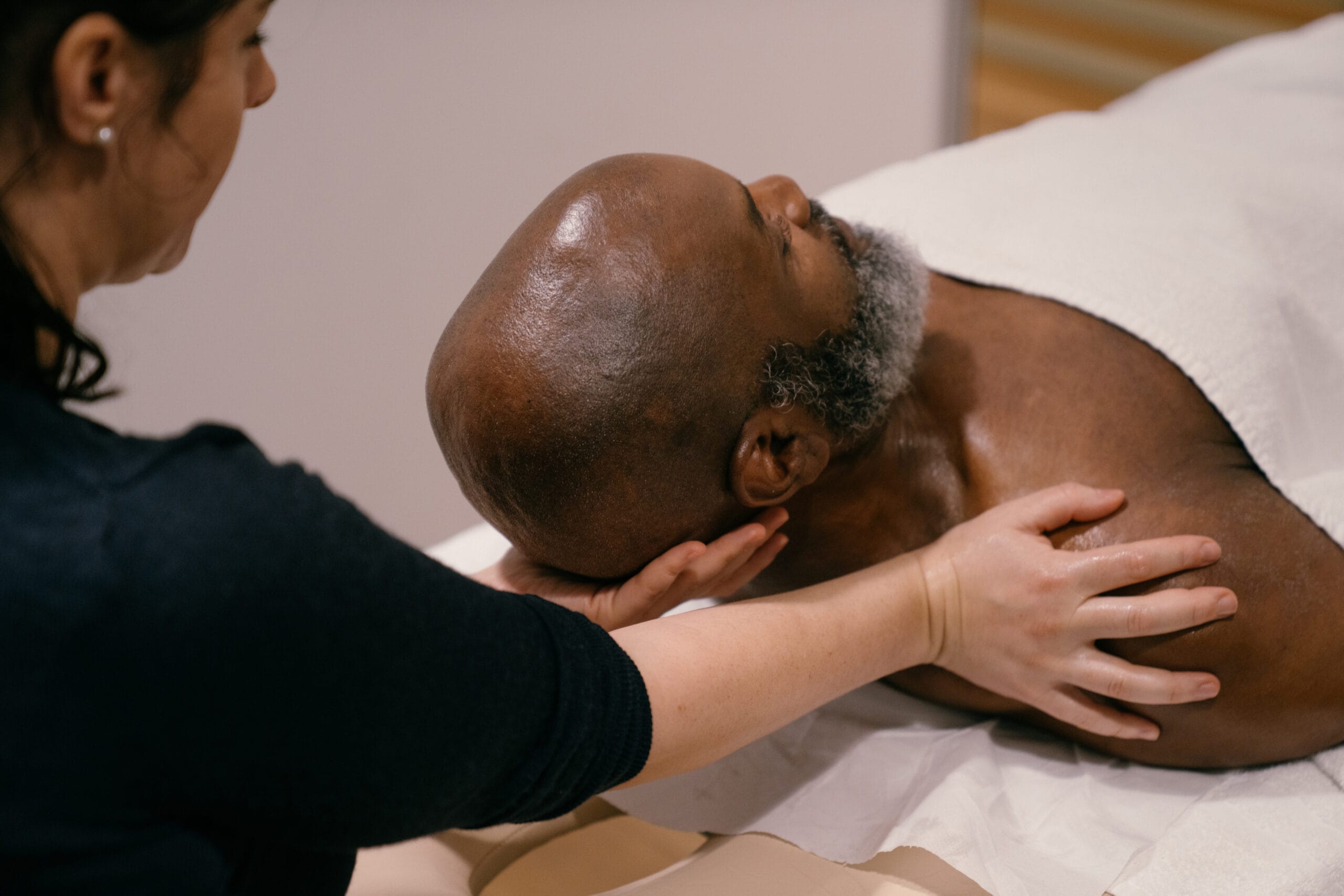
Can Soft Tissue Therapy help relieve stress symptoms?
Although Soft Tissue Therapy (previously known as Sports Massage) can be seen as a tool for the management of injuries or for sports people, it can and should be used by anyone suffering from the effects of stress.
Soft Tissue Therapy, including massage therapy, has been well documented and evidenced as a beneficial inclusion in any stress management plan, alongside exercise and meditation.
From a physiological point of view, Soft Tissue Therapy has been shown to help with a number of issues that are caused by stress:
- Reduce cortisol levels (the body’s main stress hormone)
- Increase serotonin (AKA the happy chemical)
- Pain modulation
- Muscular tension relief
- Improve sleep
- Reduces blood pressure
On a subjective and psychological level, a Soft Tissue Therapy session can provide a useful space for a patient to relax.
In one study, patients’ perceived level of stress has been shown to lower as a result of massage therapy. Elsewhere, significant improvements in anxiety, depression, vitality, general health, perceived stress and positive well-being were noted in massage participants.
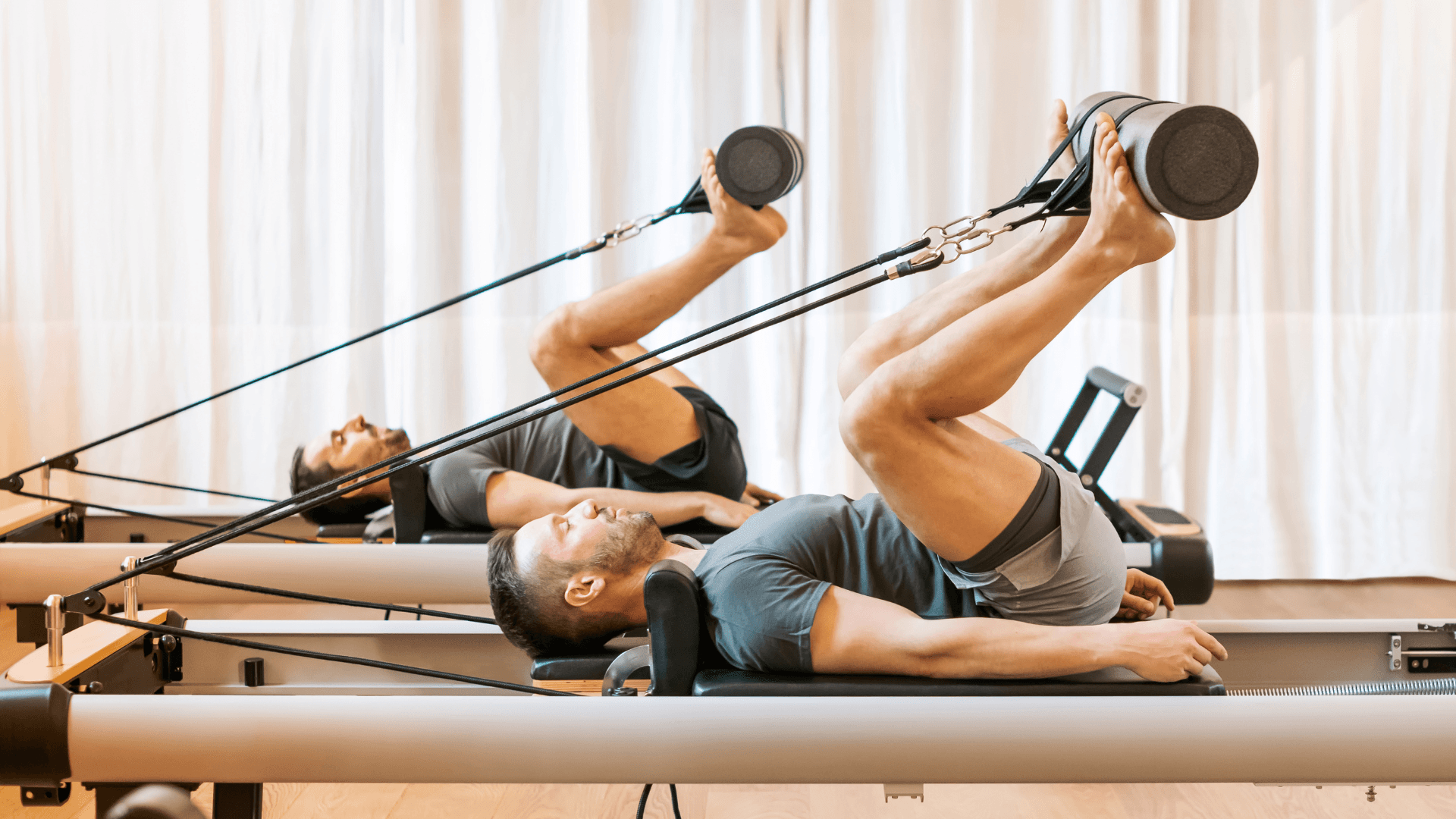
How can Pilates help with stress management?
Pilates is a great way to help combat stress as it focuses on 8 key principles (Relaxation, Concentration, Co-ordination, Centring, Alignment, Breathing, Stamina, Flowing Movements). Pilates combines mindfulness within its practice, which helps us be present in the moment, combining our mind and body as one, which enables us to notice our stress.
Stress causes our breathing to become more rapid and shallow (using 1/3 breathing capacity), which is linked to panic attacks. We find we start to breathe more rapidly as our bodies are trying to distribute oxygen rich blood to our bodies to keep everything regulated as much as possible; if you already suffer from breathing problems such as asthma, this can again cause more pressure on the body having to regulate itself. Breathing more deeply can help you fall into a deeper sleep where your body can better revive itself and keep you fresh for the day ahead.
We release endorphins (happy hormones) when we exercise, so when we do Pilates, we can feel happier, and our minds feel freer. We also focus on lengthening and strengthening our muscles, which helps reduce pain. For many, pain can be a contributing factor of stress – so this tackles the issue head on.


Advice
Over the last 20+ years our experts have helped more than 100,000 patients, but we don’t stop there. We also like to share our knowledge and insight to help people lead healthier lives, and here you will find our extensive library of advice on a variety of topics to help you do the same.
OUR ADVICE HUBS See all Advice Hubs
